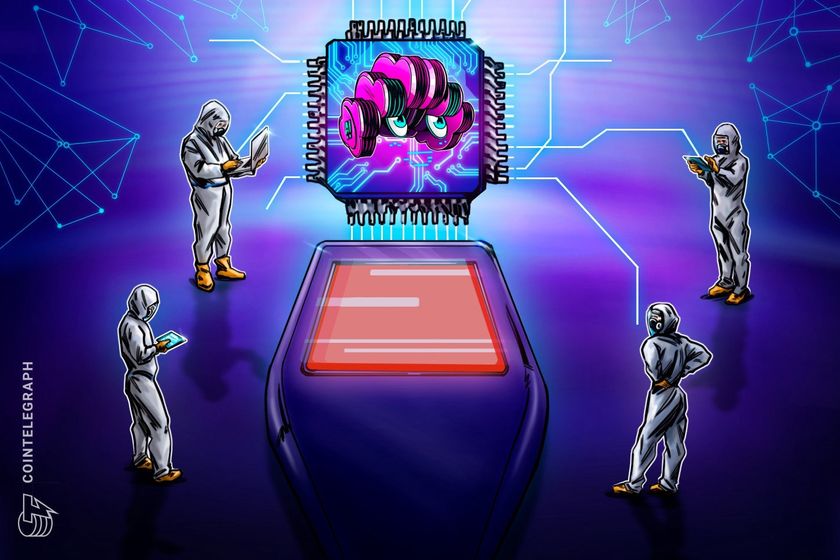
The integration of AI agents into decentralized finance (DeFi) is rapidly transforming the landscape of crypto markets. Sean Li, co-founder of Magic Labs, highlights the critical role that AI agents are playing in managing liquidity, optimizing yield, and executing trades 24/7. As these AI agents become essential infrastructure for the future of DeFi, there are significant challenges that need to be addressed, particularly in terms of securing and automating their operations.
One of the key issues highlighted by Li is the limitations of existing wallet infrastructure to support the increasing use of AI agents in DeFi. While advancements have been made in account abstraction and smart contract wallets, the majority of DeFi platforms still rely on externally owned account wallets that require manual approvals at every step. This lack of programmable and secure infrastructure poses risks such as malicious attacks, unauthorized access, and loss of funds, as seen in past incidents involving exploited vulnerabilities in trading bots.
To address these vulnerabilities and enable secure automation in DeFi, Li emphasizes the need for standardized infrastructure that allows for cost-effective automation with verifiable guardrails across multiple blockchain ecosystems. Programmable permissions and on-chain visibility are crucial for delegating control to AI agents while ensuring that user-defined rules and restrictions are enforced to mitigate risks.
By implementing programmable wallet infrastructure that enables session-based permissions, cryptographic verification of agent actions, and real-time access revocation, users can delegate trading and strategy execution without compromising complete control. This approach not only enhances security but also expands access to advanced DeFi strategies for users without technical expertise.
Furthermore, programmable infrastructure not only enhances the safety of DeFi but also contributes to its scalability. By streamlining cross-chain delegation and enabling interoperable agent ecosystems, a universal keystore protocol can facilitate automated strategies across various chains and protocols.
As institutional interest in DeFi grows, the need for secure automation with verifiable guardrails becomes indispensable. Just as zero-knowledge proofs are essential for privacy and compliance, programmable wallet permissions may become standard for ensuring the security of AI-based trading and automation in DeFi.
In conclusion, the integration of AI agents into DeFi represents a significant opportunity for innovation and efficiency. By building infrastructure that supports secure automation and user control, the future of DeFi can unlock new possibilities for autonomous, multichain economies. As the industry moves towards an automation revolution, providing the necessary infrastructure will be crucial in ensuring that AI agents operate in the best interest of users within the decentralized financial ecosystem.

Leave a Reply